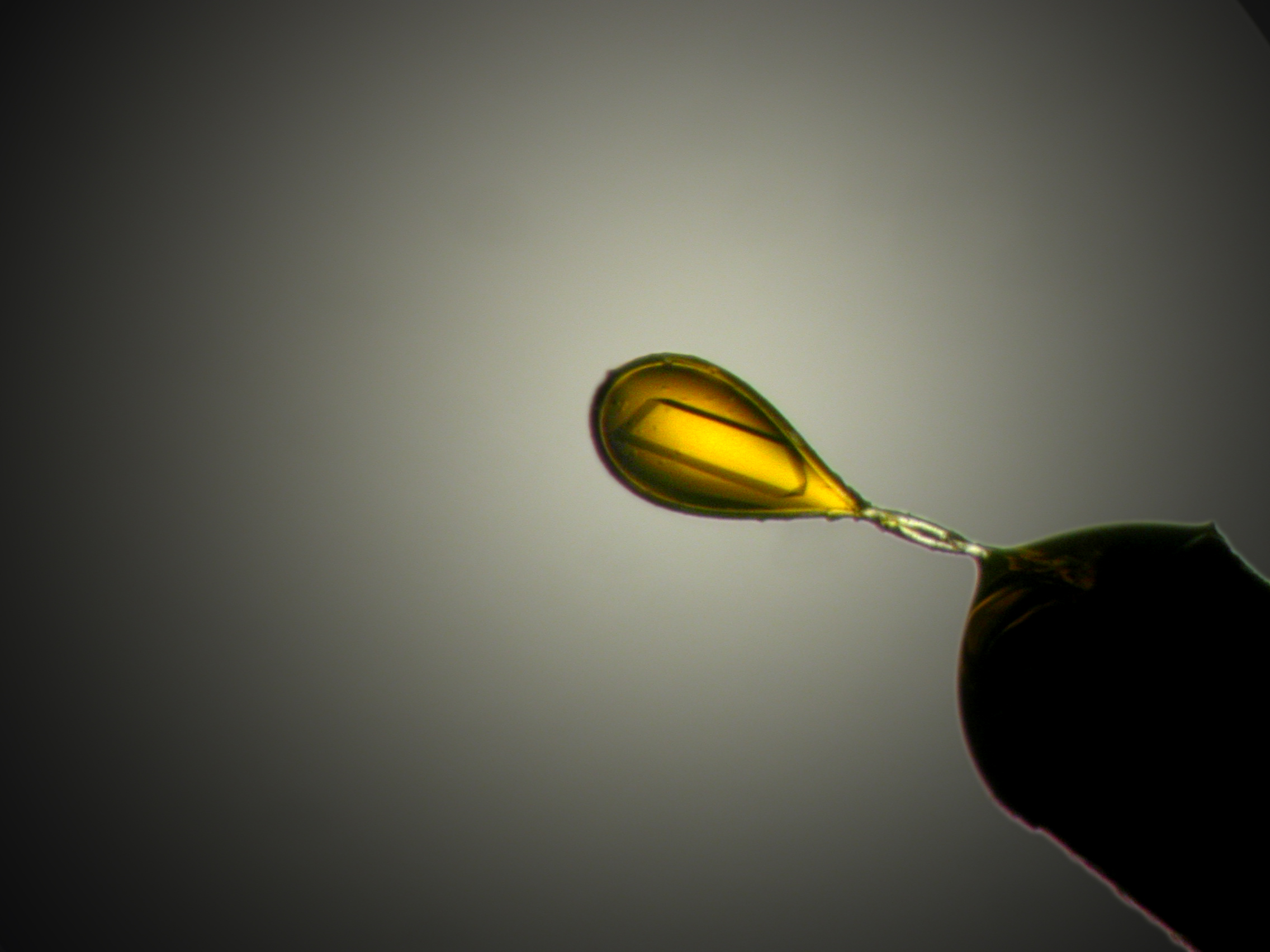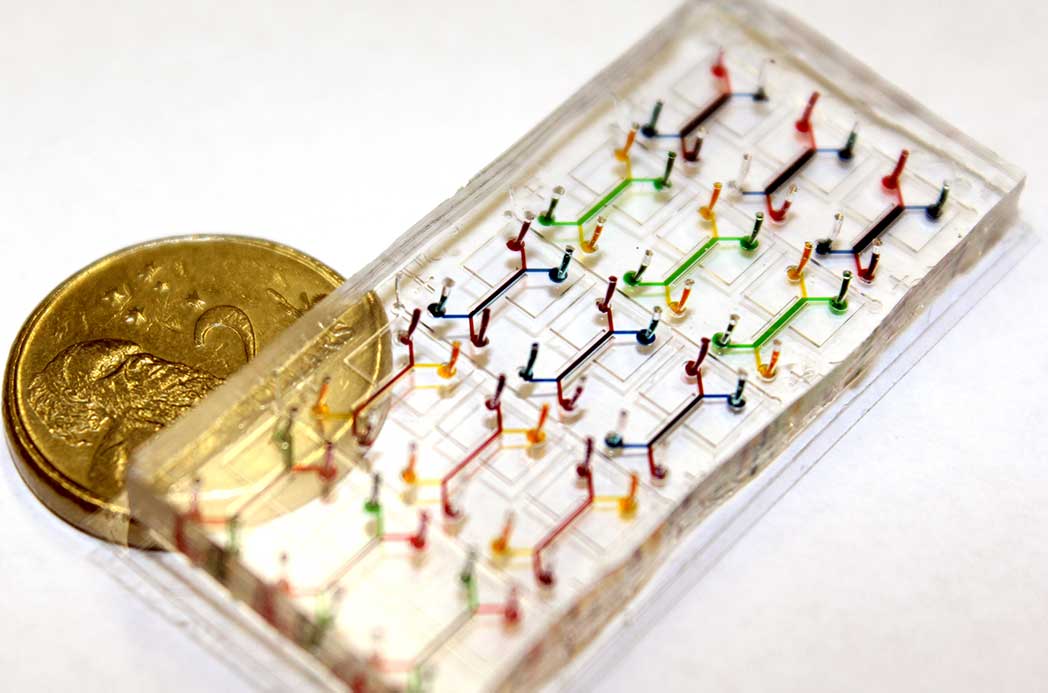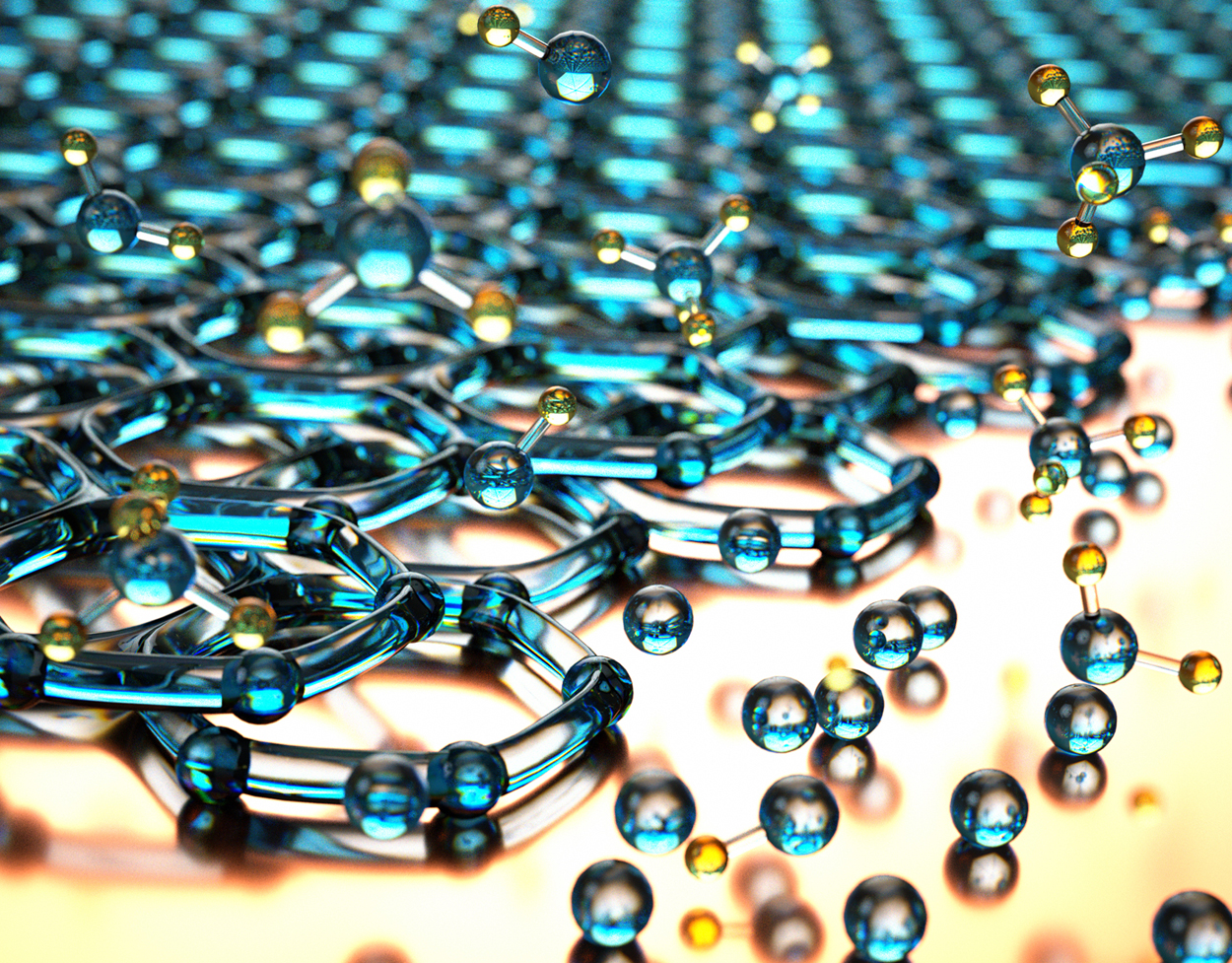World-first technology developed at Griffith University is harnessing the remarkable properties of graphene and could launch the next generation of mass produced, low-cost micro-devices.
Dr Francesca Iacopi’s novel micro-fabrication process enables production-scale manufacturing of a superior and versatile material that companies can use to commercially produce sensor devices that are biocompatible, chemically resistant and highly sensitive.
“We believe this process will change the way we live by providing the ultimate in device miniaturisation. It will influence a lot of different sectors because many modern applications relying on micro- and nano-devices will be able to advance by incorporating this technology,” says Dr Iacopi, from Griffith University’s Queensland Micro- and Nanotechnology Centre.
“For example, medicine is just one area where this technology can be applied. Someone with diabetes could have a nanochip sitting on their skin – mass produced with the help of our micro-fabrication process – continuously monitoring their blood, and any changes can be relayed directly to a doctor.”
Already the recipient of a prestigious Global Innovation Award at the TechConnect World Innovation Conference & Expo in Washington DC in June, Dr Iacopi’s breakthrough process resolves a long-running dilemma regarding the use of graphene.
First isolated in the laboratory about a decade ago, graphene is pure carbon and one of the thinnest, lightest and strongest materials known to humankind. A supreme conductor of electricity and heat, much has been written about its mechanical, electrical, thermal and optical properties and the possibilities regarding the fabrication of new and advanced micro-devices.
However, progress so far has been stymied due to the difficulty in synthesising high quality graphene on to Silicon (Si) wafers, which would enable cost-effective mass production of such devices.
That problem has now been overcome and the ramifications extend throughout the industrial and technological spectrum.
Working with three PhDs, a postdoctorate, national and international collaborators and the world-leading facilities at Griffith University’s Queensland Microtechnology Facility, Dr Iacopi has successfully:
- developed a novel low temperature process to synthesise graphene by using a metal alloy catalyst that produces a continuous, high quality, controllable graphene film, and;
- developed a strategy for patterning graphene in such a way it will grow only on a pre-patterned Silicon Carbide (SiC) layer on Silicon..
“Until now, high quality graphene was restricted to the use of expensive SiC wafers or the use of complicated transfer procedures to Silicon wafers. A cheaper substrate and a simpler methodology was badly needed to ensure the micro-devices would be cost-competitive,” says Dr Iacopi.
“At Griffith, we were the first develop a method for depositing a very high quality thin layer of SiC on to 300mm Si wafers, also thanks to the help from the Australian National Fabrication Facility.
“This work is still very early but the prospects are very exciting and broad-ranging.”
Dr Iacopi and her team have already begun seeking industry partners to leverage the technology in an industrial type of product. To discuss industrial opportunities please contact Griffith Enterprise.
Her success in receiving the Global Innovation Award at TechConnect follows a similar achievement by Griffith’s Mr Madhu Neeli and Professor David Thiel in 2013 for their Circuits in Plastics technology.
In September, Dr Iacopi will travel to Seattle in the US to address the 4th International Symposium on Graphene Devices.





